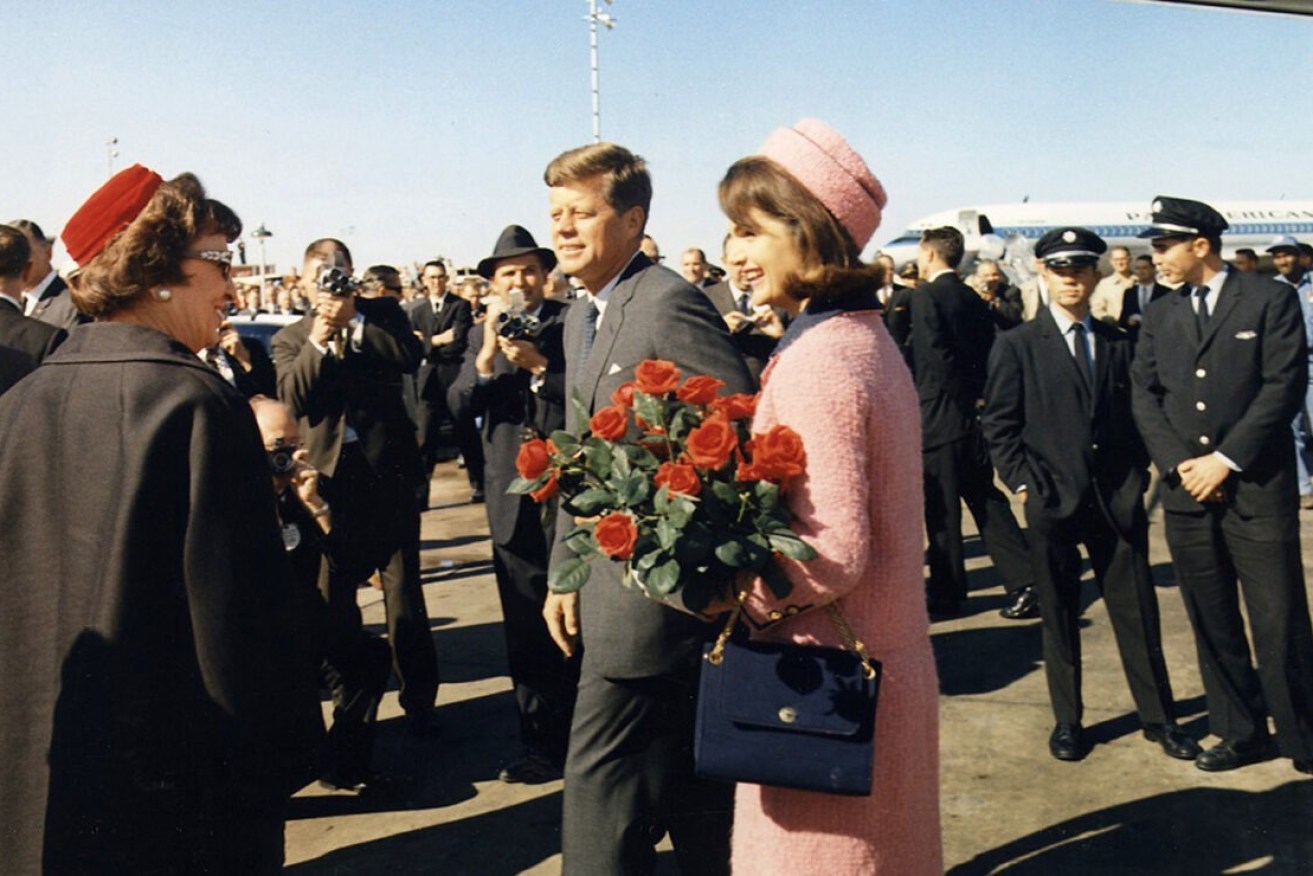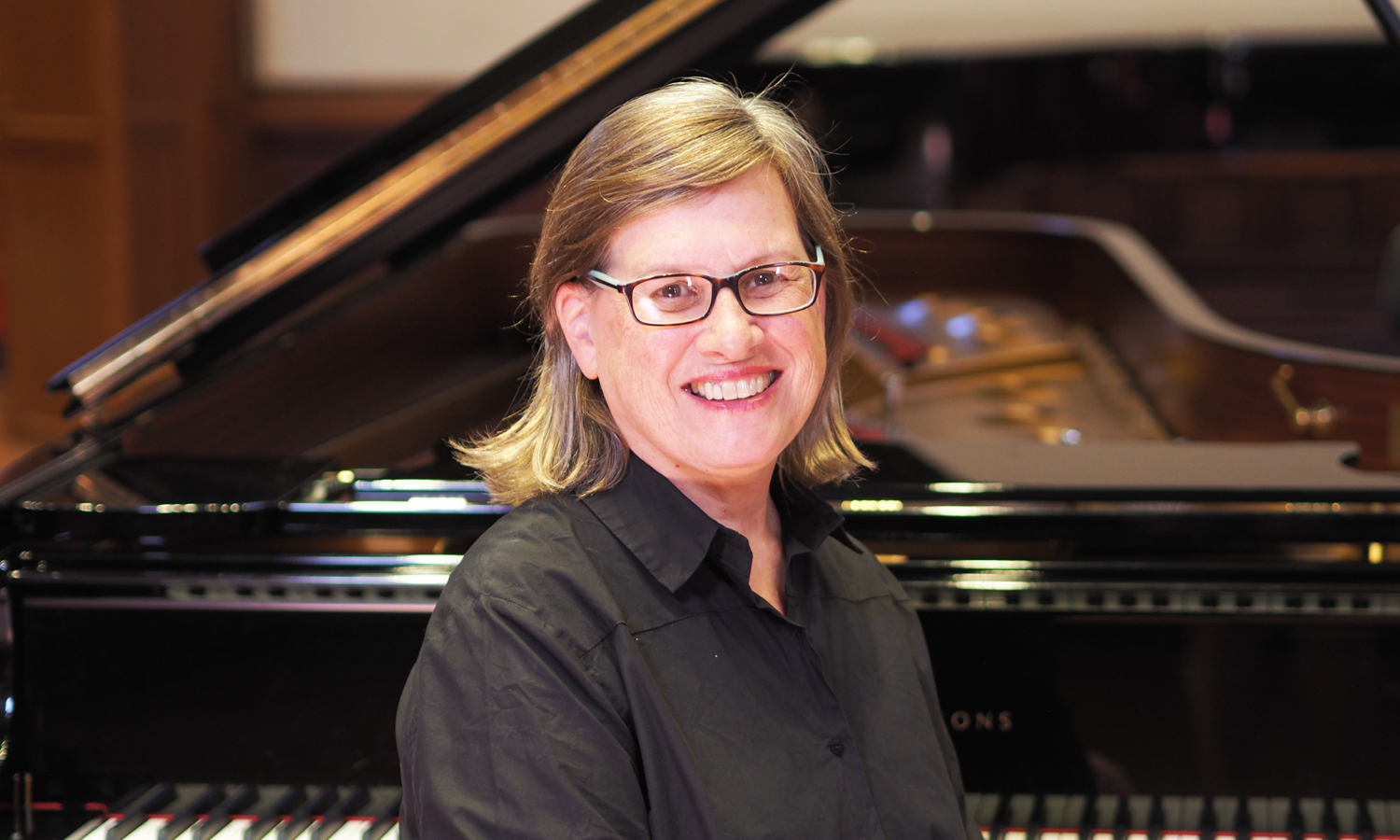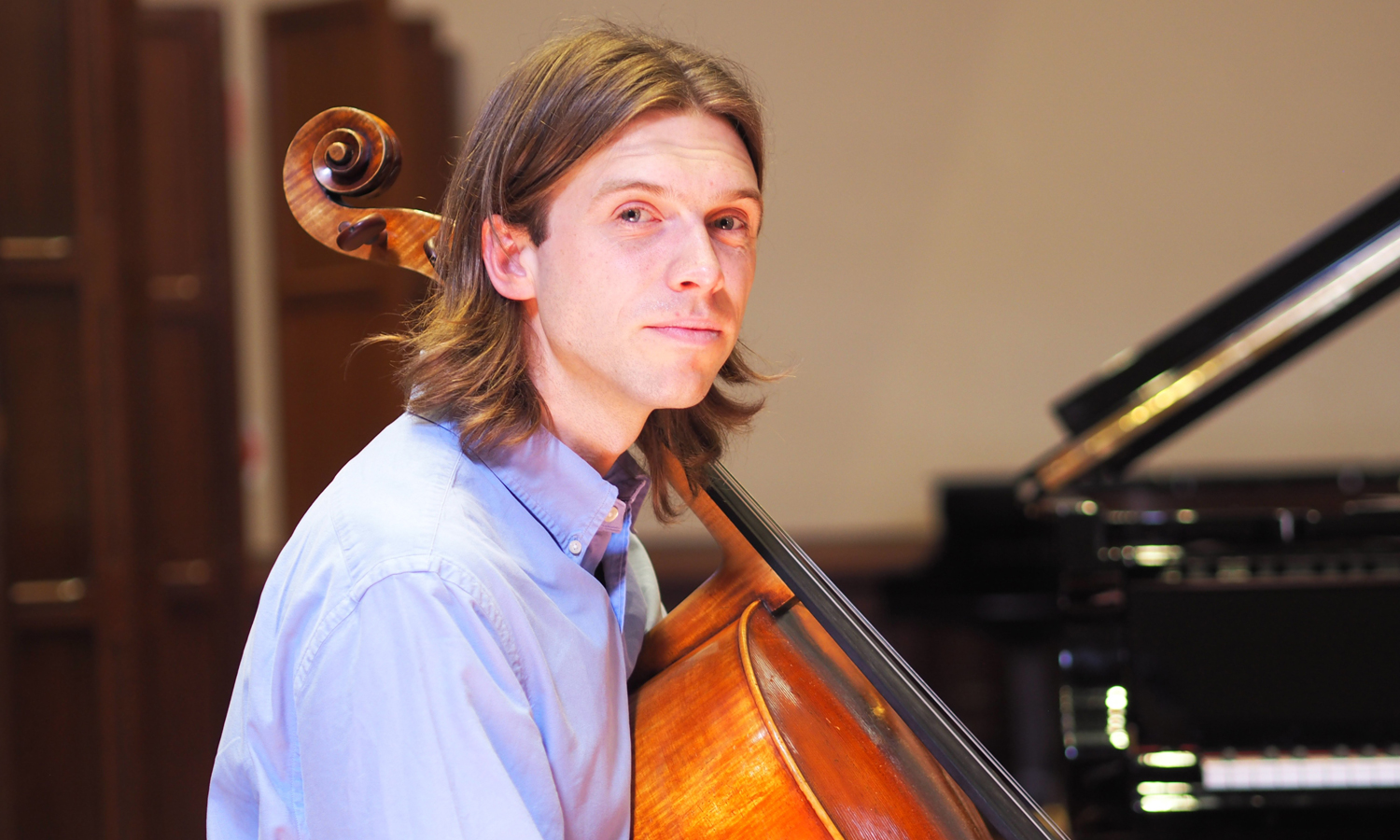‘Dear Mrs Kennedy’… this is what grief sounds like
The assassination of John F Kennedy sparked an outpouring of grief all over the world – including in Adelaide. A special local event marking the 60th anniversary of the tragedy will feature heartfelt letters and music sent by mourners to his widow.

President John F Kennedy and Jacqueline Kennedy arrive in Dallas on November 22, 1963. Photo: John F Kennedy Library (194273) via Wikimedia Commons
When Margaret heard the news that John F Kennedy had been murdered in Dallas, she sat down at her kitchen table in Adelaide to write a heartfelt letter.
“Dear Mrs Kennedy,” it begins. Over the next page and a bit, Margaret poured out her grief about a man she’d never met, to a woman she’d never know.
“No words can express how disconsolate I feel… at the untimely and heinous death of your husband,” she wrote.
Margaret went on to assure Jacqueline Kennedy that she and her mother planned on going to a “special Requiem Mass in St Francis Xavier Cathedral” being held for JFK.
Across the world, as Margaret was writing her letter, millions of other people were doing exactly the same. University of Adelaide historian Professor Jennifer Clark says it was more than shock or sympathy at work. People’s grief at Kennedy’s death was profound, and they felt compelled to write.
“It was very common, this intensity of emotion,” Professor Clark says. “They were driven pick up the pen and to send a letter, to send a sympathy card, to send prayer cards, to send gifts and all kinds of things. They were just absolutely compelled.”
The result of all that emotional compulsion is a collection of more than a million and half items. They fill 200 archive boxes, housed in the John F Kennedy library in Boston. Grieving Australians, like Margaret, account for four of those boxes.
Professor Clark says it’s hard to imagine what it looks like, offering it would stretch about 400 linear feet, if laid out. Even that’s a mere fraction of what once was. Originally there was more than 1000 linear feet of material: culling has reduced it.
Of all our feelings, though, grief is the least amenable to being measured in feet and put in boxes. It’s meant to be seen and heard. To mark the 60th anniversary of Kennedy’s death, Professor Clark and colleagues from the University of Adelaide have organised a public performance for Tuesday evening, November 28. It’s being held in Elder Hall. It’s called, naturally, Dear Mrs Kennedy.
“The reaction to John Kennedy’s death is a political and cultural phenomenon, and it’s important to commemorate that,” Professor Clark says. “We are doing that by talking about the way in which people felt so strongly they had to write to Jacqueline Kennedy… reading some of those letters from around the world.”

University of Adelaide historian Professor Jennifer Clark. Photo: Simon Royal
Music will also be essential to the night. Professor Clark has been researching the grief material held by the Kennedy library since the 1990s. She’s been particularly struck by the amount of music in the collection. There’s both sheet music and recordings, some with lyrics, others without. It is as Margaret from Adelaide wrote – words were not equal to the task.
“Many people felt so deeply that just writing a letter wasn’t enough, they had to write music as well,” Professor Clark says
“Some of it is by quite famous composers – Henry Cowell, for one… but most of it was written by ordinary people. Some of them had musical ability, knowledge and training, and others had no musical knowledge or training at all. But they all felt that only music could express their deepest feelings.”
She says Tuesday night’s performance will be the first time some of that music has been performed in public. Other compositions are famous, with a long history as presidential mourning pieces.
Cellist David Moran will be performing Samuel Barber’s Adagio for Strings.
“It was notably played at FDR’s funeral and the announcement of his death on radio in 1945. It was also played at Albert Einstein’s funeral in 1955, and JFK’s funeral in 1963. It’s part of state commemorations in the US.”
Moran concedes a potential bias, but he thinks the cello is perfect for the occasion.
“There is something innate in the cello that seems to speak to a variety of deep human emotions. People throw out all kinds of platitudes that the cello’s range is similar to the human voice… I’m not going to put out a thesis for it, but for whatever reason, it’s really beautiful to get a chance to express these emotions.”
Professor Clark adds that the cello is the only instrument hugged by its musician.
“It’s sort of corporeal in its shape, isn’t it? It’s quite human sized and shaped… you have to embrace it to play it.”

David Moran says the cello speaks to a variety of deep emotions. Photo: Simon Royal
Of course on November 22, 1963, it was Jacqueline Kennedy whom people wanted to wrap their arms around. The 34-year-old was the other half of the “Jack and Jackie” package – a duumvirate of youth, style, and grace occupying the previously dowdy Eisenhower White House.
Professor Clark says The Australian Women’s Weekly offered tips on how readers might emulate Jackie’s style – make yourself a pillbox hat, take trips to the art gallery, and don’t engage in idle chatter. Suddenly that life was gone.
Jacqueline Kennedy’s influence on 20th-century memory, however, was just beginning. It was her decision to face the cameras wearing the blood-spattered pink suit, as she returned to Washington with her husband’s body. Her decision to have JFK buried at Arlington National Cemetery, the grave topped by an eternal flame. Her decision to walk from the White House to the funeral service, where, at the end, she lent down to her three-year-old son, whispering to him to salute his father’s coffin.
Little wonder that along with the compulsion to write, many people felt the need for familiarity. Professor Clark says one such letter jumped out to her.
“It starts, ‘Dear Jackie’, and then the man who wrote it began to apologise and wrote, ‘I hope you don’t mind that I call you Jackie, but I feel that we are personal friends’. That was really common. People would often write, ‘I feel like we are personal friends, I feel like I have lost a family member’. Kids would write that they felt their own father had died.
“I’m paraphrasing, but one letter from Australia basically said, ‘I couldn’t feel more sad if the whole royal family had been killed’.”
Kennedy’s death was a particularly bitter blow for Catholics. There’s ample demonstration of that in the letters, according to Professor Clark. JFK was the first, and until Joe Biden’s election, only Catholic to be elected as president. In Adelaide, where anti-Catholic bigotry was still strong among the city’s protestant establishment, a young Irish Catholic house painter named John Michael Patrick Hennessey set about building a memorial garden to the dead president.
Kennedy had been dead for more than 30 years when David Moran was born, but still his religion mattered.
“JFK has particular currency in my family,” the young cellist says. “Coming from a Catholic family, he was a known figure in my upbringing.”
Perhaps the most remarkable thing about JFK is the resilience of the public’s affection for him. Over 60 years, it’s survived multiple assassination attempts from a multitude of “shooters” – cranky revisionist histories and revelations about his sexual escapades being just two.
Kennedy’s death has a life of its own. The constant stream of conspiracy theories, each one more lurid and implausible than the last, ensures that. Understanding why we still feel this way today is a complex task, according to Professor Clark. But it can start with some letters sent to “Dear Mrs Kennedy” a long time ago.
“I hope that people will get a deeper understanding of the Kennedy experience and the assassination,” Professor Clark says. “I hope they get to hear what grief sounded like at that time… you don’t get that if it’s locked away in an archive or in a cupboard.
“In a way, we are completing the circle.”
Dear Mrs Kennedy: Music and Mourning on the Death of a President is on at the Elder Hall on November 28. The event is free and begins at 6pm.
This article is republished from InReview under a Creative Commons licence. Read the original article.
InReview is an open access, non-profit arts and culture journalism project. Readers can support our work with a donation. Subscribe to InReview’s free weekly newsletter here.




